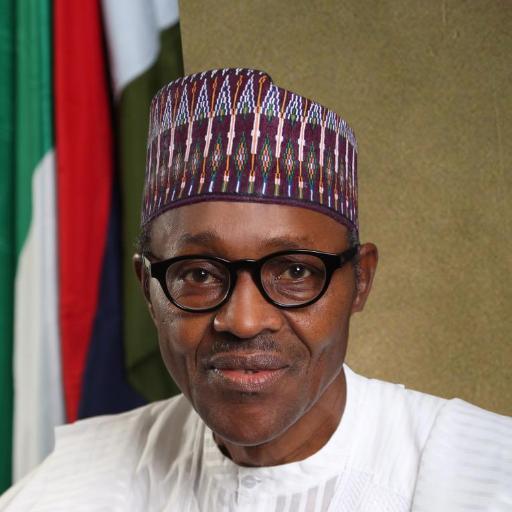
The Federal Government has estimated to spend about N6.812tn as its budget for 2017. The figure is about 13.3 per cent or N806bn above the N6.06tn budgeted for 2016.
These details were contained in the 2017-2019 Medium-Term Expenditure Framework and Fiscal Strategy Paper, which President Muhammadu Buhari forwarded to the National Assembly on Tuesday. The President wrote to the Speaker of the House of Representatives, Mr. Yakubu Dogara, attaching the MTEF and the FSP documents.
He stated that he was complying with the provisions of the Fiscal Responsibility Act 2007, adding that his action meant that the details of the 2017 budget would soon be laid before the legislature.
Part of his letter read, “Pursuant to the provisions of the Fiscal Responsibility Act 2007, the preparation towards the submission of the 2017 budget to the National Assembly is progressing well.
“The MTEF and the FSP, which provide the framework for the development of the 2017 budget, were designed against the backdrop of the generally adverse global economic environment, as well as fiscal challenges in the domestic economy.”
The documents also indicated the government’s intention to continue to provide for the needs of vulnerable people in the coming year. “Thus, the recurrent (non-debt) expenditure and capital payments are projected to increase in nominal terms by N217.42bn and N177.6bn, respectively in 2017 over the 2016 estimates, “ the government said.
It stated that the aim of the 2017 budget was to “restore the economy to a sustainable, inclusive growth path” by laying emphasis on job creation and private-sector investments.
The documents projected a GDP growth of 3.02 per cent in 2017, while inflation was “expected to moderate to 12.92 per cent.”
Its assumptions on crude oil production indicated 2.2mbpd in 2017; 2.3mbpd in 2018; and 2.4mbpd in 2019.
On the benchmark, it projected $42.5 per barrel for 2017 budget; and $45 for 2018. For 2019, the figure was put at $50.
For the exchange rate, the government pegged it at N290 per dollar.
“It is also based on an average growth in employment and labour productivity, as well as an average gross fixed capital formation of 9.41 per cent of the GDP,” it stated.
The House did not make any comments on the documents on Tuesday. However, as it is the tradition, copies will be distributed to all members to study before debates will start in the days ahead.
The requirement of law is that the MTEF and FSP must be approved by the National Assembly before the budget is laid by the President.